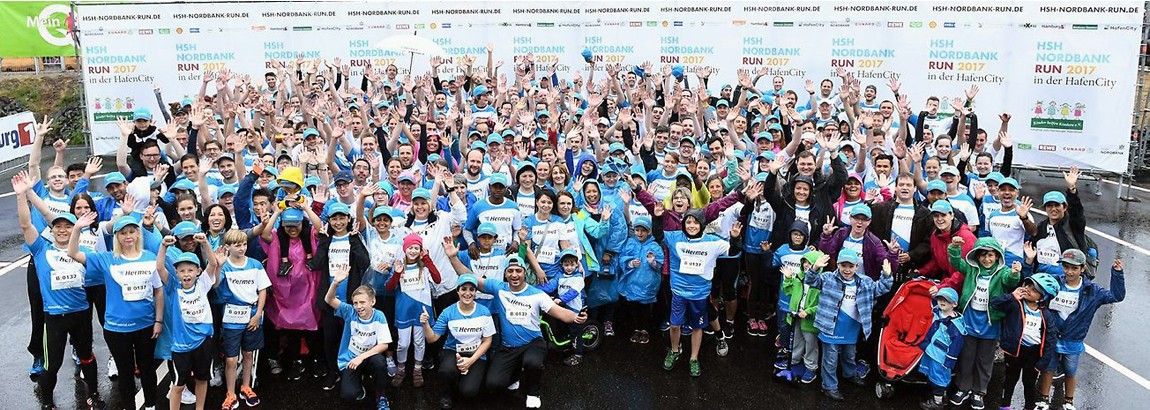Fair conditions for everyone: The delivery
On the "last mile"
In accordance with common practice in the industry, Hermes cooperates with independent providers during the "last mile" of a shipment: the delivery to the customer's doorstep or a ParcelShop. Both Hermes and the provider strive to establish a long-term collaborative partnership based on partnership.
To ensure fair compensation and compliance with labour regulations, such as shift durations and break periods, Hermes has established a certification system unique in the industry in cooperation with specialists SGS-TÜV Saar GmbH. Under this system, all contractors who work with Hermes are extensively reviewed: delivery persons are interviewed, documents are examined, facilities are inspected. In 2014, the third certification round was completed, with a success rate of 100 percent among the 350 companies reviewed. Eleven percent achieved Hermes premium status, meaning that they are also considered best practice partners. To permanently ensure fairness and quality, the audits are repeated every year and adjusted as needed and to take regulatory changes into account. Contractors are then able to use the certificates to advertise their quality and acquire new customers. If deficits are discovered, the contractor is given the opportunity to correct them with Hermes and to continually improve their performance.
Scoring by the independent testing institute Stiftung Warentest as part of its 2014 CSR test of CEP supply chains shows that Hermes is on the right track. The test report (source: test 12/2014) includes the following statements:
"Three companies [in the CEP industry] stonewalled. Only two companies gave us access: DHL and Hermes. The others refused. […] Hermes even let us look at its contractors' fields of operations. […] So much transparency is rare in our CSR tests."
"Hermes, by contrast, intervenes and since 2013 has required its contractors to pay delivery personnel a minimum wage. [...] unlike Hermes, DHL does not use an external system that monitors subcontractors."
The ombudsman and the whistle-blower system
It shouldn't happen. But if it does, those affected by cases of criminal acts such as suspected cases of corruption, other white collar crimes or other serious irregularities in the company – or the suspicion thereof – may also turn to the Hermes ombudsman as a neutral authority, in addition to normal internal channels. An important clarification: the ombudsman is a point of contact for substantiated suspicion of criminal activity, expressly not for matters of civil or labour law.
Consultations with the ombudsman are free of charge for those involved or affected by such cases. In addition, the ombudsman enjoys attorney-client privilege and cannot be required to testify against those who consult him. His position thus enables him to serve as a mediator in criminal disputes in many different areas with little bureaucratic effort.
Dr. Rainer Buchert has been appointed ombudsman of the Hermes companies and is available as a confidential point of contact. More information about the ombudsman and the related whistle-blower system can be found at the website.
